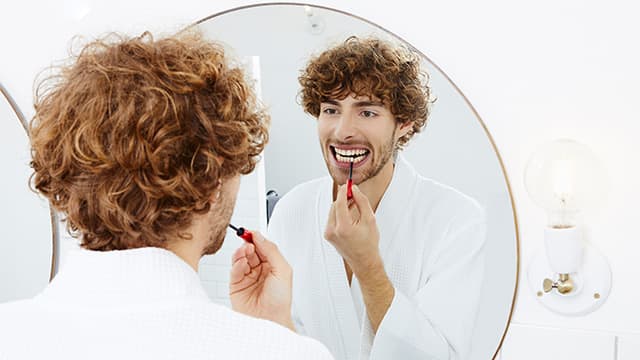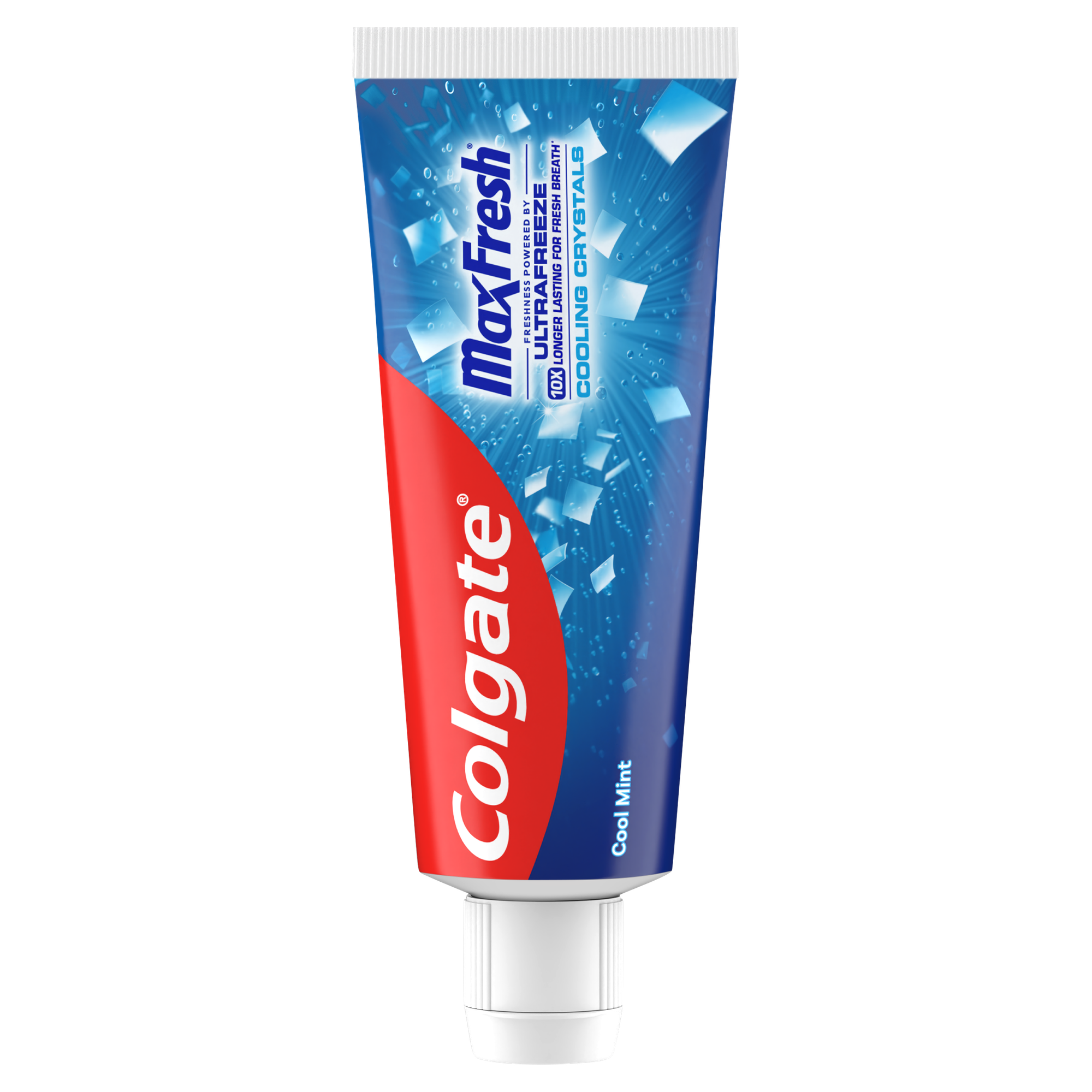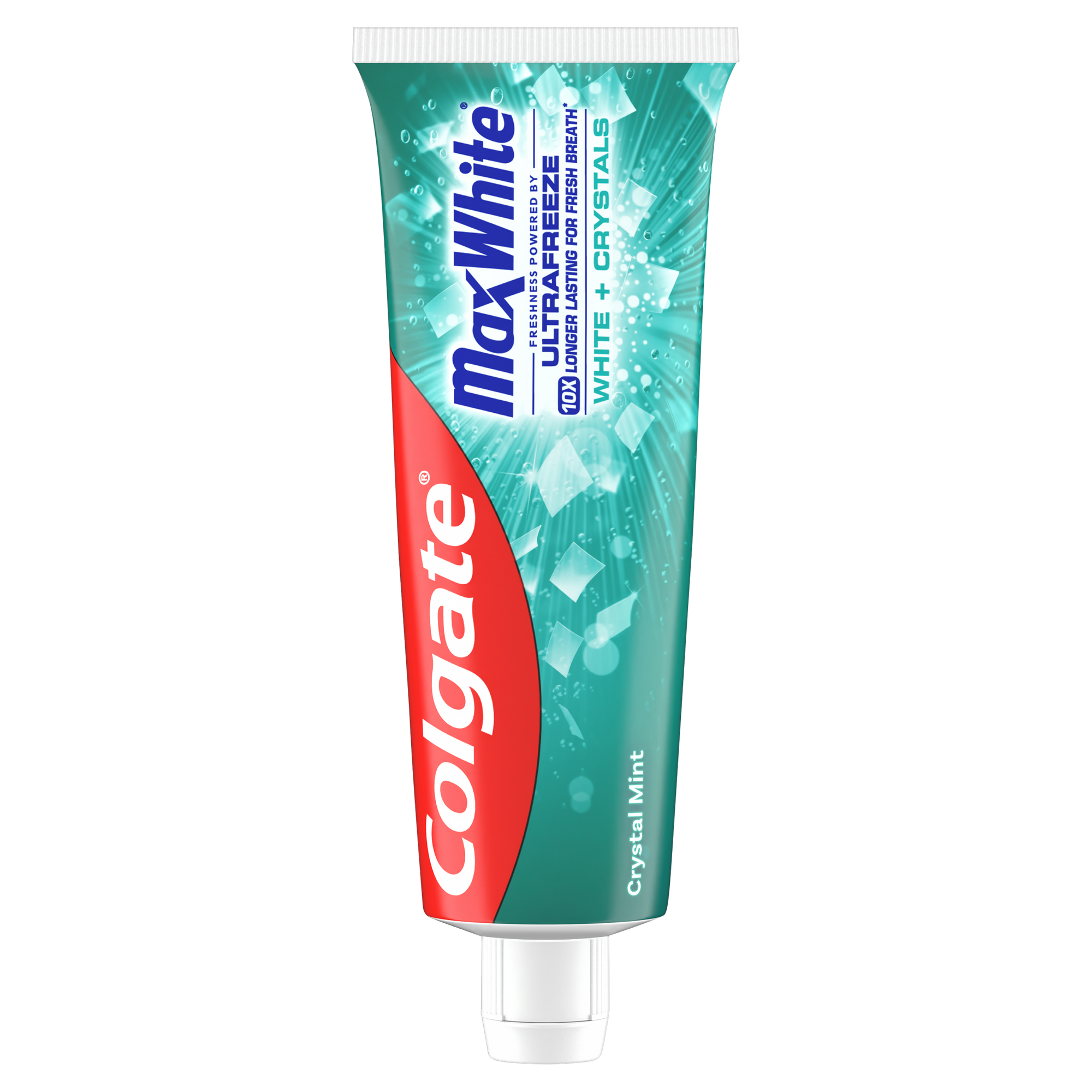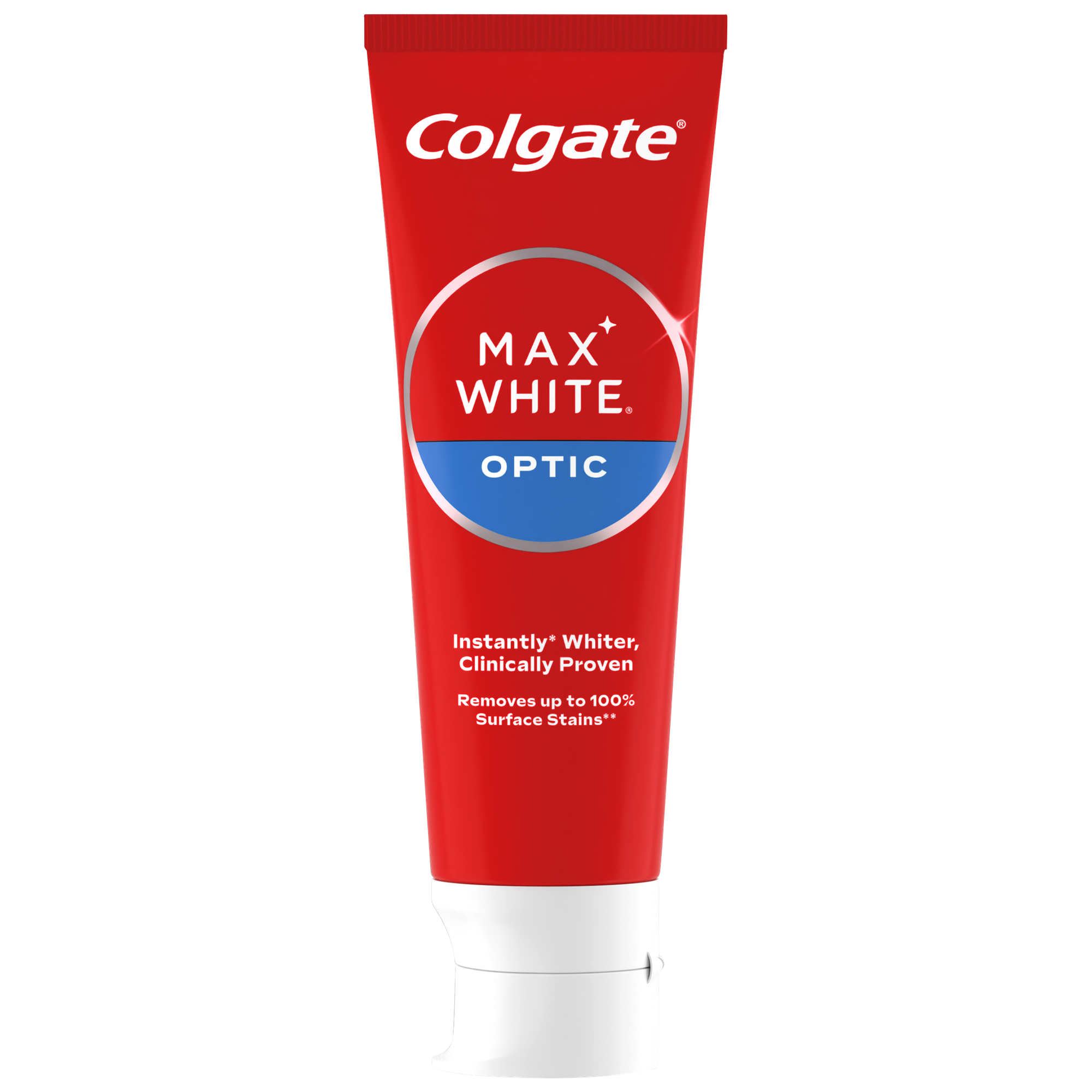SLS is a cleaning agent and surfactant found in many consumer products.
Because of its cleaning power, SLS is often found in toothpaste.
It creates the foaming action that helps to clean and remove food debris from your mouth.
Sodium lauryl sulphate has been reviewed by many scientific bodies and is safe for both consumers and the environment.
SLS is not listed as a known carcinogen in the EU or the US.
How is sodium lauryl sulphate made?
Sodium lauryl sulphate can be manufactured in a lab setting; however, it can also be derived from natural sources including coconut oil and palm kernel oil – meaning it can appear in both synthetic and natural products.
While SLS carries out a relatively simple job, it can be complex to make. The National Institute of Health describes the process as combining sulphur trioxide with plant or petroleum-based lauryl alcohol to create hydrogen lauryl sulphate. This is then neutralised with sodium carbonate to create the final product of sodium lauryl sulphate.
How is sodium lauryl sulphate used in toothpaste?
Sodium lauryl sulphate can be found in many household toothpastes including elmex Anti-Caries Professional and elmex Sensitive Professional. According to Chemical Safety Facts, SLS “helps create the foaming action in toothpaste and also helps to remove food particles from teeth.”
Are there safety concerns over sodium lauryl sulphate?
The health and safety concern over the use of SLS is minimal, however, people with sensitive skin or conditions like eczema or dermatitis may experience skin irritation when using products containing SLS. Chemical Safety Facts states that “multiple scientific bodies have reviewed SLS as an ingredient in both personal care and cleaning products and determined its typical use in these applications to be safe for both consumers and the environment.”
However, here are some facts to consider so you can make an informed decision about products containing sodium lauryl sulphate:
If you’re susceptible to mouth sores or suffer from stomatitis (inflammation or swelling of the mouth), you may experience more irritation when using a toothpaste containing SLS, compared to an organic toothpaste or a toothpaste without sodium lauryl sulphate.
Extracting separate elements or changing the chemical composition of SLS could make the substance toxic, however, when formulated correctly SLS is considered safe and not dangerous.
It’s useful to stay informed about the ingredients our everyday products contain; if you want further information on sodium lauryl sulphate in toothpaste, please speak with your dentist.
ORAL HEALTH QUIZ
What's behind your smile?
Take our Oral Health assessment to get the most from your oral care routine
ORAL HEALTH QUIZ
What's behind your smile?
Take our Oral Health assessment to get the most from your oral care routine













